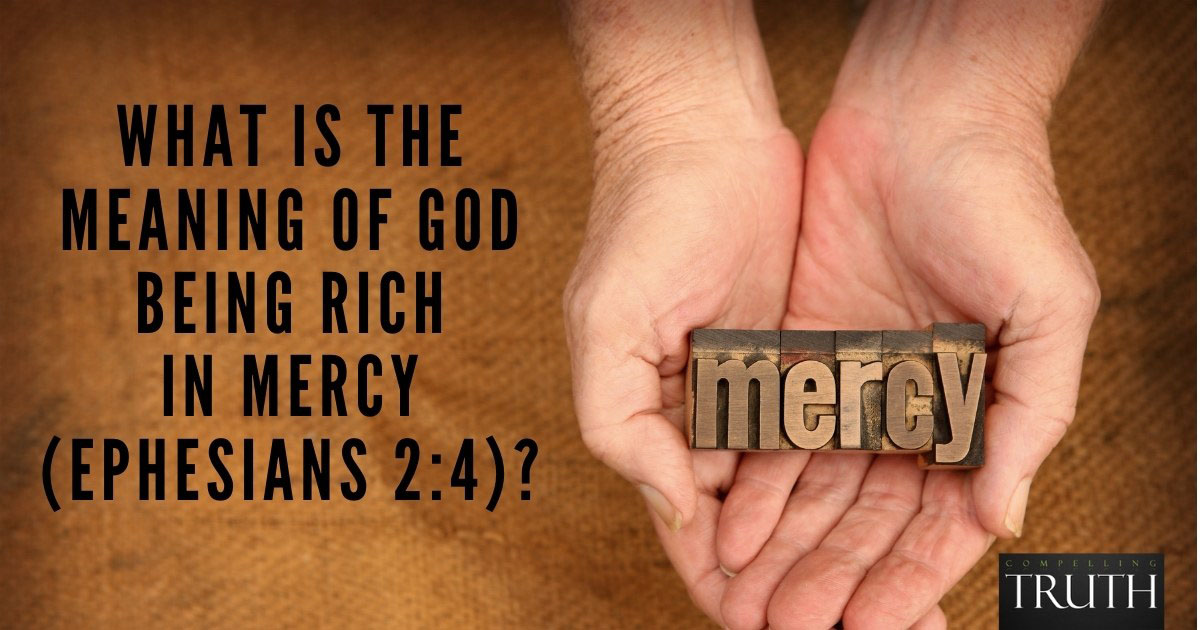God, by His nature, is a forgiving God. However, because God is also just, all sin must be fully judged. This means that God’s forgiveness does not overlook sin. Instead, God provided a way to transfer the guilt of sin onto a sacrifice. In the Old Testament, one’s sin could be placed on an animal. When done with a contrite, repentant heart, God would forgive the person of His sin. However, that forgiveness was temporary. God sent His Son, Jesus, to be the perfect and permanent sacrifice for sin for all who trust in His death and resurrection for the forgiveness of sin. Unlike the blood of animals, Jesus’ substitutionary death covered sin once and for all. To be forgiven, a person must repent of his or her sin and trust in Jesus as the only escape from God’s just wrath.
God is a forgiving God, but He is also holy and just—He never overlooks sin. Either the sinner pays for his or her sin in eternity, or the sin has already been paid for by His sacrificial lamb, Jesus. A sin paid by Jesus is a forgiven sin. God counts the believer as righteous, never holding him or her accountable for that sin again.
For unbelievers, there is one take-away: God only forgives sins placed on His sacrifice, Jesus. While you remain unrepentant and unwilling to trust in Him, then when this current age ends, books listing your sins will be opened, and you will be judged, found guilty, and cast into Hell (Revelation 20:11–15). This is not because God doesn’t forgive, but because you ignored the forgiveness found through His Son. Therefore, the right response to this article is to flee the wrath to come (Matthew 3:7b). Jesus said that no one who comes to Him will be cast out (John 6:37b). All who repent of their sin and trust in Jesus (Romans 10:9) will escape the final wrath against sin (Romans 5:9). The sins for those who cling to Jesus will be forgiven, never brought up again.
For believers, we must remember what God forgave! We don’t remember our past sins to dwell on forgiven sins, but to remember just how great, kind, and gracious God is. God forgave you despite you not deserving it! Also, we need to remember that He continues to forgive. Though Jesus paid for all of a believer’s sins, past, present, and future, God wants us to grow in holiness and will discipline us when we sin (Hebrews 12:4–11). However, we are promised that every time we sin, if we confess and repent, God is faithful and just to forgive us (1 John 1:9).




